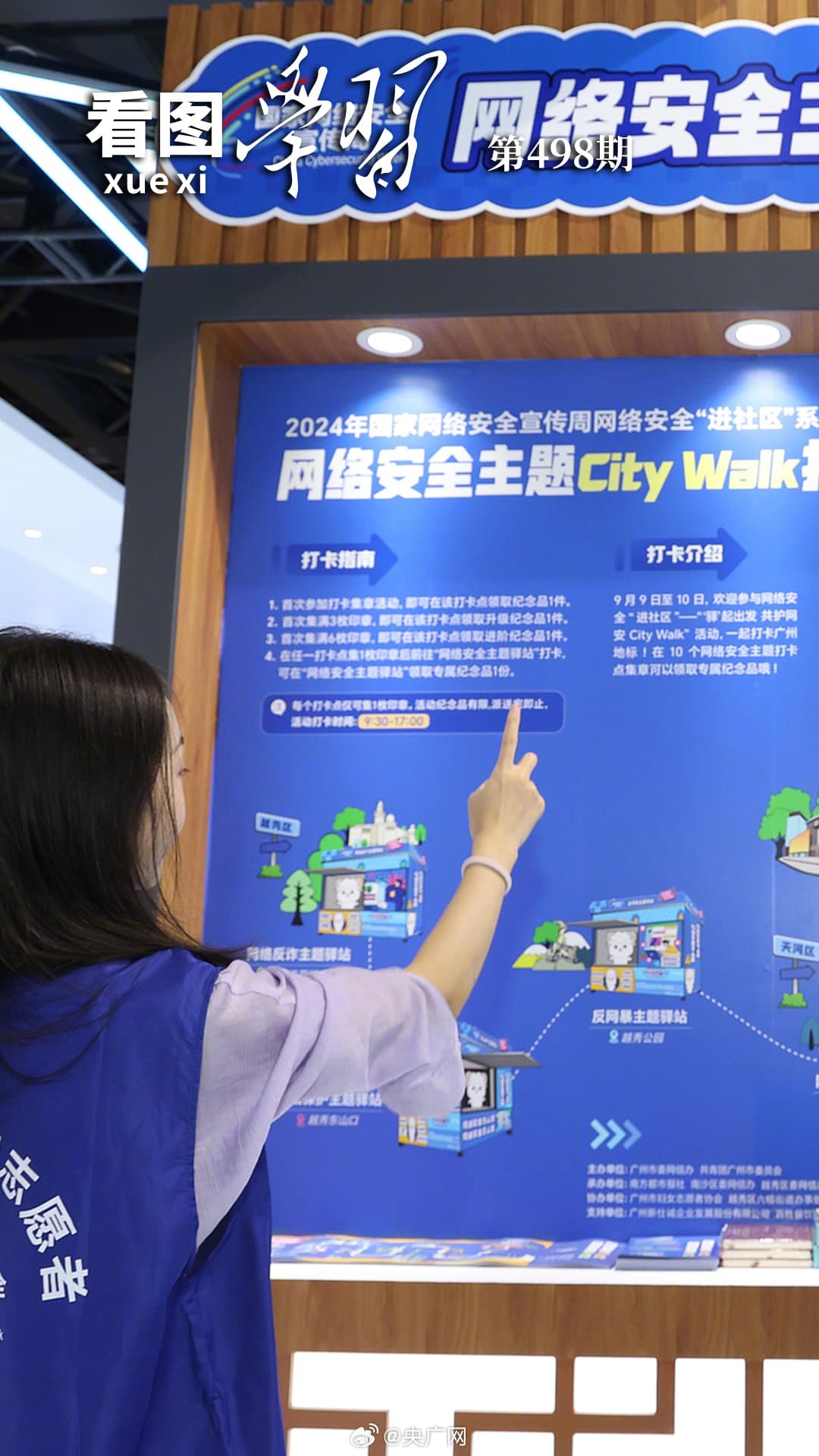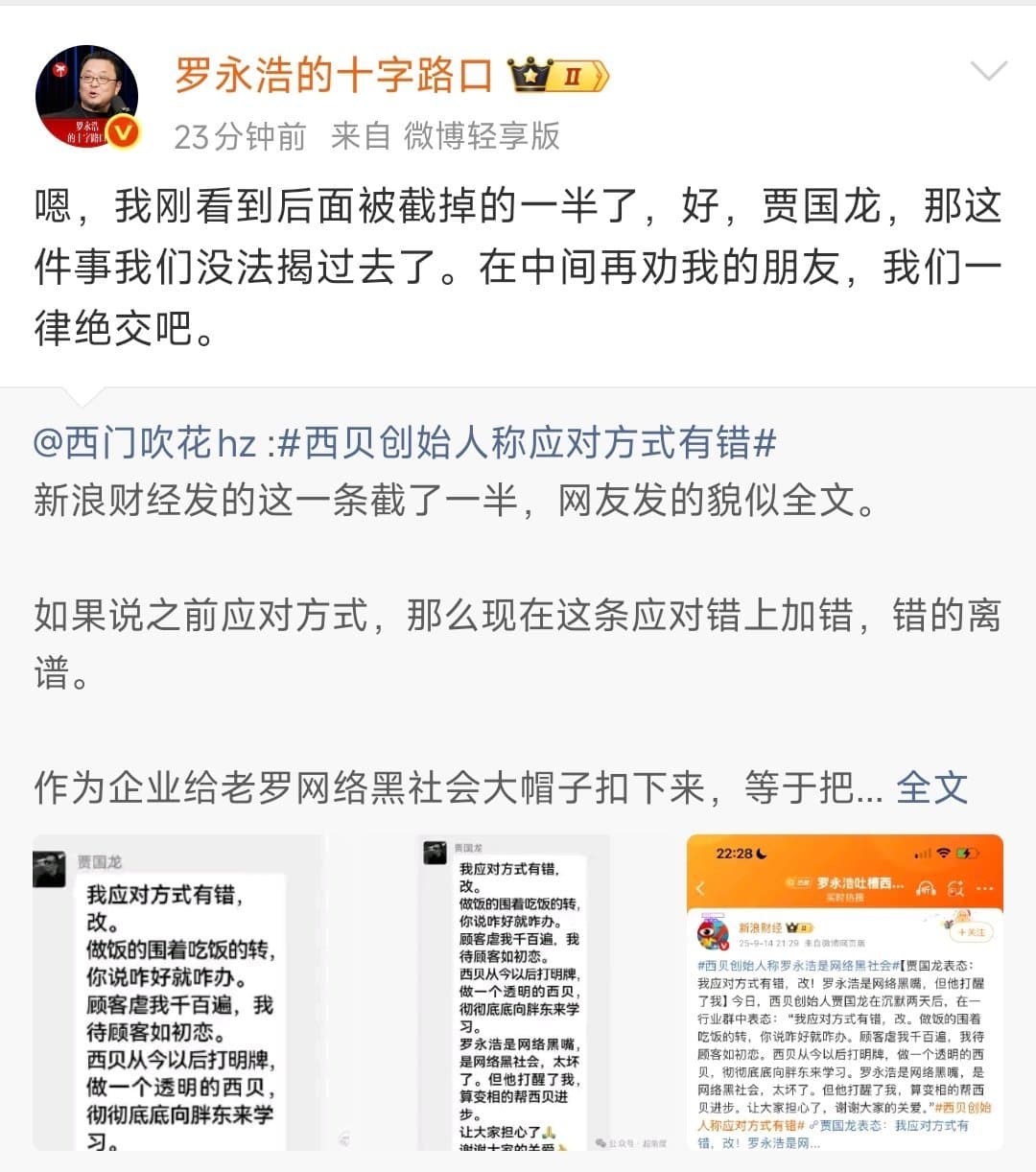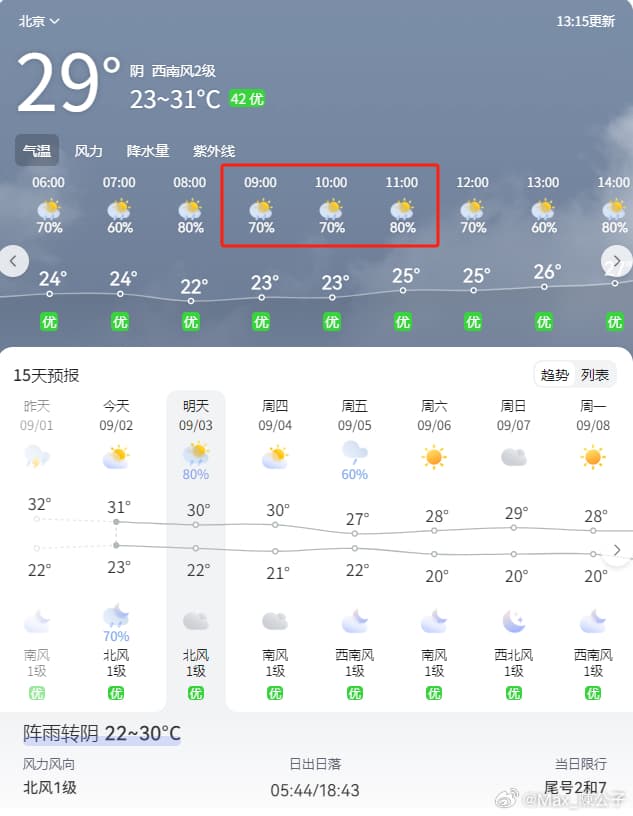China Warns EU: Support Tariffs and Risk Losing Investment
The European Union's recent decision to impose tariffs on Chinese electric vehicles has sparked a strong response from Beijing, with China warning that EU support for the tariffs will result in lost investments. The vote, which took place on October 4, saw 10 EU member states approve the European Commission's proposal to impose duties on Chinese electric cars, while 12 member states abstained, and five countries, including Germany, Hungary, Malta, Slovakia, and Slovenia, voted against the proposal.
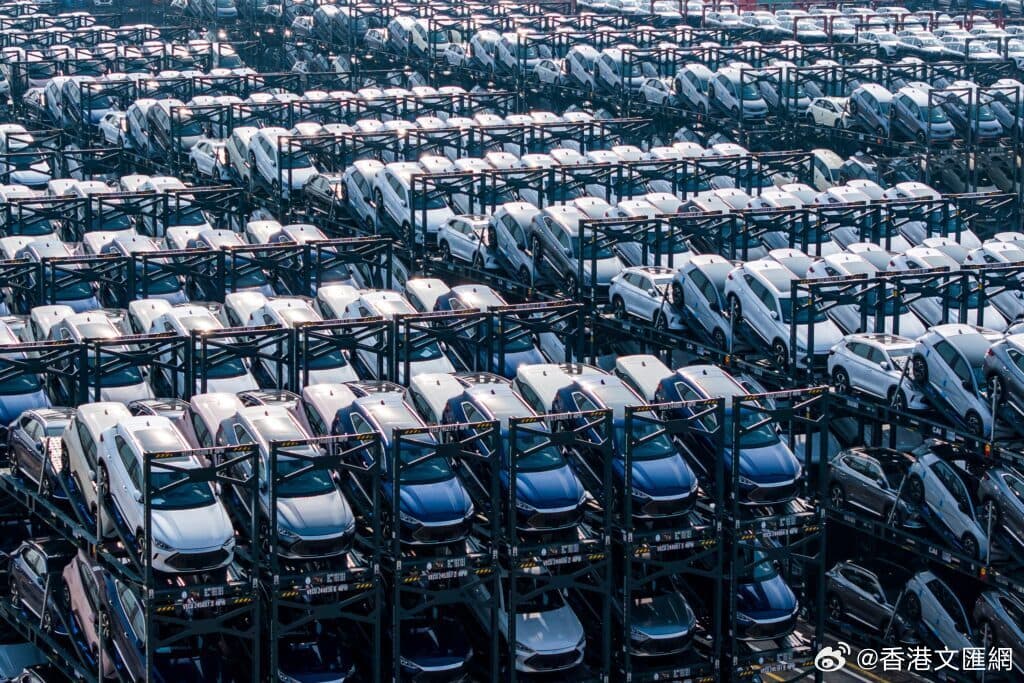
5 October 2024
Industry insiders say that many EU member states voted in favor of the tariffs in an attempt to pressure Chinese companies into investing in Europe. However, this approach has been met with skepticism by Chinese officials, who argue that imposing tariffs is not conducive to attracting investment. In fact, European carmakers are struggling to make a successful transition to electric vehicles, with many facing significant challenges in terms of research and development, production costs, and market demand. According to data, new energy vehicle sales in Europe have slowed this year, with European carmakers lagging behind their Chinese counterparts in terms of competitiveness.
Chinese officials have repeatedly emphasized that cooperation and mutual benefit are the foundation of any successful trade relationship. However, they have also made it clear that they will not hesitate to take action to protect their own interests if they feel that their trading partners are not acting in good faith. As one industry expert noted, "Open and fair market environments are the most important factors in attracting investment, and the EU cannot expect Chinese companies to invest in Europe while imposing tariffs on their products."

The EU's decision to impose tariffs on Chinese electric vehicles has also sparked concerns among government officials, who are worried about the potential impact on the region's economic growth. In a statement, the German government said that it was "deeply concerned" about the EU's decision, which could lead to a decline in Chinese investment in the country. The German industry has also joined the chorus, with the German Trade Union and industry representatives issuing a joint statement against the tariffs.
With a new round of talks scheduled for October 7, the EU must demonstrate sincerity and action to salvage the situation. Industry insiders reveal that many EU member states voted in favor of the tariffs in an attempt to "force" Chinese companies to invest in Europe. However, China has been unequivocal in its response: support for tariffs would mean losing investments. The message is clear – the EU cannot have it both ways.
The EU's internal divisions are also coming to the fore. Germany, which has significant cooperation with China in the automotive sector, has been vocal in its opposition to the tariffs. German Chancellor Olaf Scholz has communicated with other European leaders, emphasizing the severe consequences of imposing tariffs on Chinese electric vehicles.
Time is of the essence. With the clock ticking down to the October 7 talks, the EU must reassess its stance and come to the negotiating table with sincerity and concrete actions. The question is, will the EU seize this opportunity, or will it let pride and short-sightedness get in the way? The future of EU-China relations and the European automotive industry hangs in the balance.
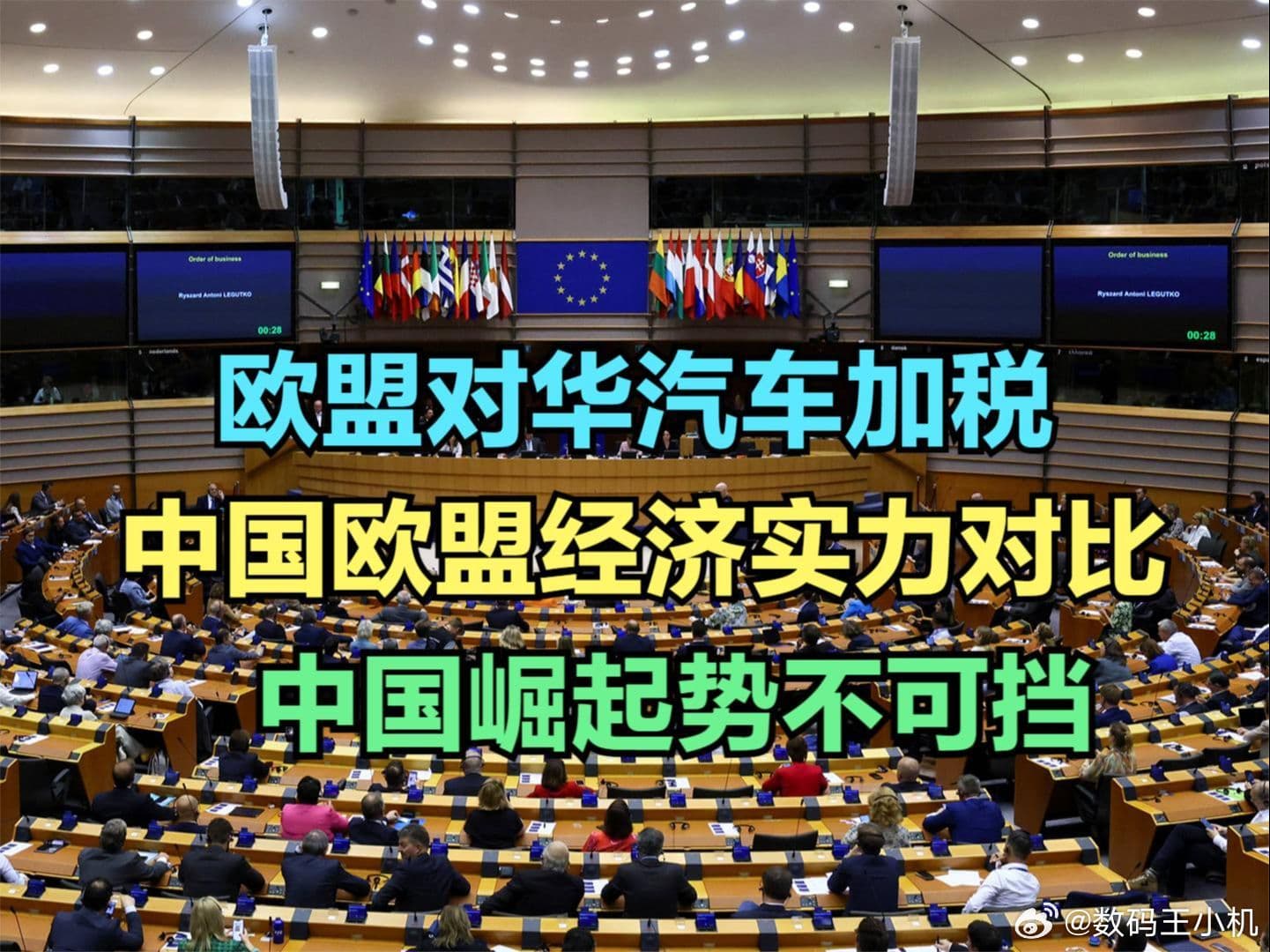
In light of the EU's recent decision, China has made it clear that it will not hesitate to take action to protect its own interests. As one EU official noted, "The EU's decision to impose tariffs on Chinese electric vehicles has sent a very negative signal to Chinese investors. If we want to attract Chinese investment, we need to create a more welcoming environment, not a more hostile one."
Comments




